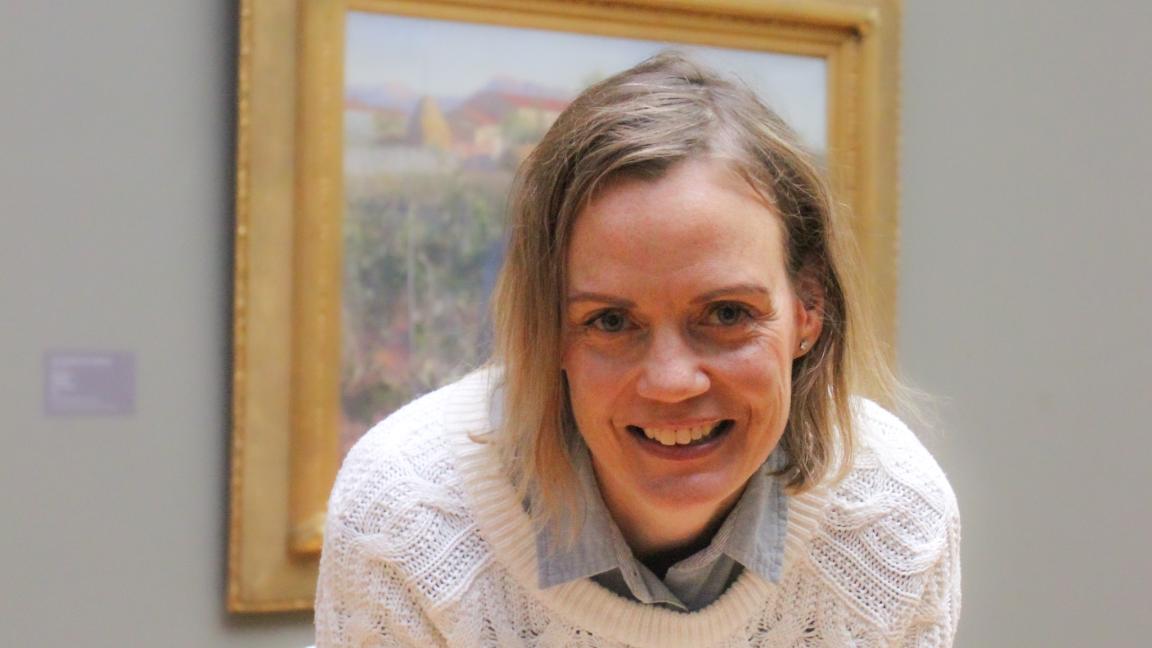Hanna Kirjavainen's doctoral dissertation in Social and Health Management Science challenges the misconception that all young people are automatically "digital natives" or that standardised services are suitable for everyone.
– Even if you’ve mastered social media, it doesn’t mean you know how to navigate the online services of Kela (the Social Insurance Institution of Finland) or the TE Office (Employment and Economic Development Office), Kirjavainen says.
The human consequences of being excluded from services can be severe, such as the loss of benefits. The research also reveals that standardised service models do not always meet the clients' real needs.
– Highly educated immigrants reported significant frustration when offered generic options that didn't consider their educational background and expertise. They would have preferred mentoring and direct contacts with employers, for example, Kirjavainen explains.
Kirjavainen points out that the solution is not to abandon digital services, but to intelligently diversify them. The study shows that while some clients specifically need face-to-face support, digitalisation can also help hard-to-reach groups. For example, for socially withdrawn young people, digital channels can be a functional, low-threshold way to participate in service development from home.
– Digital methods make it possible to hear genuine and uncensored opinions about what works in the services – and what doesn't. Anonymity or simply the distance provided by digital interaction can make it easier to talk about difficult issues, Kirjavainen notes.
The professional: The most important bridge-builder of the digital age
A key finding of the study is that with digitalisation, the role of frontline professionals does not diminish; rather, it becomes even more critical. They act as bridge-builders, helping clients understand Finnish bureaucracy.
– These professionals are invaluable, trusted individuals for many clients, but resource shortages and efficiency pressures can prevent them from helping as effectively as necessary, Kirjavainen emphasises.
Kirjavainen calls for genuine customer-centricity instead of a savings-driven mindset.
– Municipalities and wellbeing services counties should listen more closely to both their clients and their own employees, and consider ways to hear the voices of diverse groups. Clients themselves have excellent ideas for service development, if only they are given a genuine opportunity to contribute.
Dissertation
Kirjavainen, Hanna (2025) Kenen ääni kuuluu: haavoittuvassa asemassa olevat ja asiakasrajapinnassa työskentelevät ammattilaiset julkisten palvelujen digitaalisessa yhteiskehittämisessä. Acta Wasaensia 571. Doctoral dissertation. University of Vaasa.
Public defence
The public examination of M.Soc.Sc. Hanna Kirjavainen’s doctoral dissertation ”Kenen ääni kuuluu: haavoittuvassa asemassa olevat ja asiakasrajapinnassa työskentelevät ammattilaiset julkisten palvelujen yhteiskehittämisessä” will be held on Friday 14 November 2025 at 12 at the University of Vaasa, auditorium Nissi.
It is possible to participate in the defence also online:
https://uwasa.zoom.us/j/69360461810?pwd=0pCDrqRez9LcBaBcN9cyzAldNJfebB.1
Password: 040566
Professor Marjo Suhonen (University of Lapland) will act as opponent and Professor Harri Jalonen as custos.
The defence will be held in Finnish.
Further information
Hanna Kirjavainen, tel. +385 40 355 0127, hanna.kirjavainen@turkuamk.fi
Hanna Kirjavainen earned a Master of Political Science from the University of Turku in 2007 and a Master of Social Sciences from the University of Jyväskylä in 2015. She works as a lecturer at Turku University of Applied Sciences.
